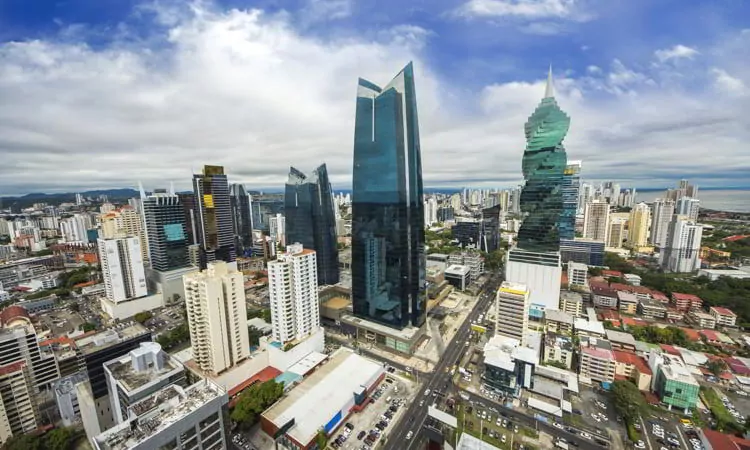
Is Panama A Third World Country? Not Really, Here’s Why
I Don't Want To Live In The Third World Either
“Kathleen, I’ve been thinking about making a move overseas, specifically to Panama, for years… but my wife… not so much…
“She grew up in a Peace Corps family. ‘I’ve lived in the Third World,’ she says… ‘I don’t want to do it again.’
“But I keep trying to tell her that Panama isn’t the Third World…
“Would you agree?”
So asked an attendee at this week’s Live And Invest In Panama Conference, which kicked off bright and early yesterday morning here on the isthmus.
You’re darn tootin’ I’d agree, I told him.
Why We Don’t Consider Panama A Third World Country
The Lifestyles Panama Offer
This little squiggle of a country packs tremendous lifestyle diversity within its borders… from cosmopolitan boom town Panama City to Boquete in the highlands, home to one of the biggest communities of expat retirees in the world…
From the City Beaches area within weekend-commuting distance of Panama City to the western Azuero coast with its dramatic cliffs and crashing surf…
From the islands of Bocas del Toro in the Caribbean to small towns in the interior like Chitré and Santa Fe…
Cosmopolitan and country… coastal and mountainside… island luxury and village basic… Panama offers it all.
And, no question, much of it is anything but Third World.
No city in the region compares with Panama City, as the speakers participating in our opening panel discussion this morning confirmed.
Panama’s Revenue And Infrastructure
The Panama Canal generates US$2.7 billion annually… and the Cobre mine another US$500 million. That’s a lot of cash flowing through the economy of a country with a population of just over 4 million people.
Panamanians prioritize infrastructure. When other countries in the region say they’re going to pave a road or build a bridge, you shouldn’t hold your breath for the finished product. When Panama promises a new highway or an expanded airport terminal… you can bet on it.
Not only Panama City benefits. Recently, Lief and I visited Chitré on the Azuero Peninsula, which we hadn’t seen in more than a decade. We remembered Chitré as a small traditional town, charming but not impressive.
When we returned earlier this month, we were gobsmacked by how this town has grown up. Freshly paved highways and roads, wide sidewalks, one of the best hospitals in the country, and U.S.-style grocery stores and shopping make life in Chitré about as convenient as life gets.
“Nothing Third World about it,” agreed Dusty Tubbs, one of our opening session panelists.
“Ten years ago,” I told the crowd assembled in the room with us here in Panama City this morning, “Dusty was just like you. He sat where you’re sitting now, at one of our Panama conferences.
“Dusty and his wife Carolyn were looking for an escape hatch. They’d realized that they wouldn’t be able to afford to stop working anytime soon if they continued living in Hawaii. They wanted to slow down… to embrace a retirement lifestyle… but the dream seemed unrealistic…
“Until they opened their minds and their eyes to possibilities beyond U.S. borders.
“Their search for options overseas led them to us… then to one of our Panama conferences… and then, finally, to a new life in Panama. Dusty and Carolyn have been happy residents of Chitré for nearly nine years now.”
No, Panama is not the Third World…
Though I’m happy to be able to report that, if you’re looking for an escape from the troubles and the stresses of the First World… you can still find that here, too.
Way down at the bottom of the western coast of the Azuero Peninsula, for example, where Lief and I are creating a community at Los Islotes?
It’s remote, yes…
But the road down the coast has just been rebuilt and repaved…
And a gas station, a restaurant, a bar, and a small grocery store have recently opened just a kilometer from our front gate.
The First World is approaching.
We hope it takes its time.
Kathleen Peddicord
Founding Publisher, Overseas Opportunity Letter



